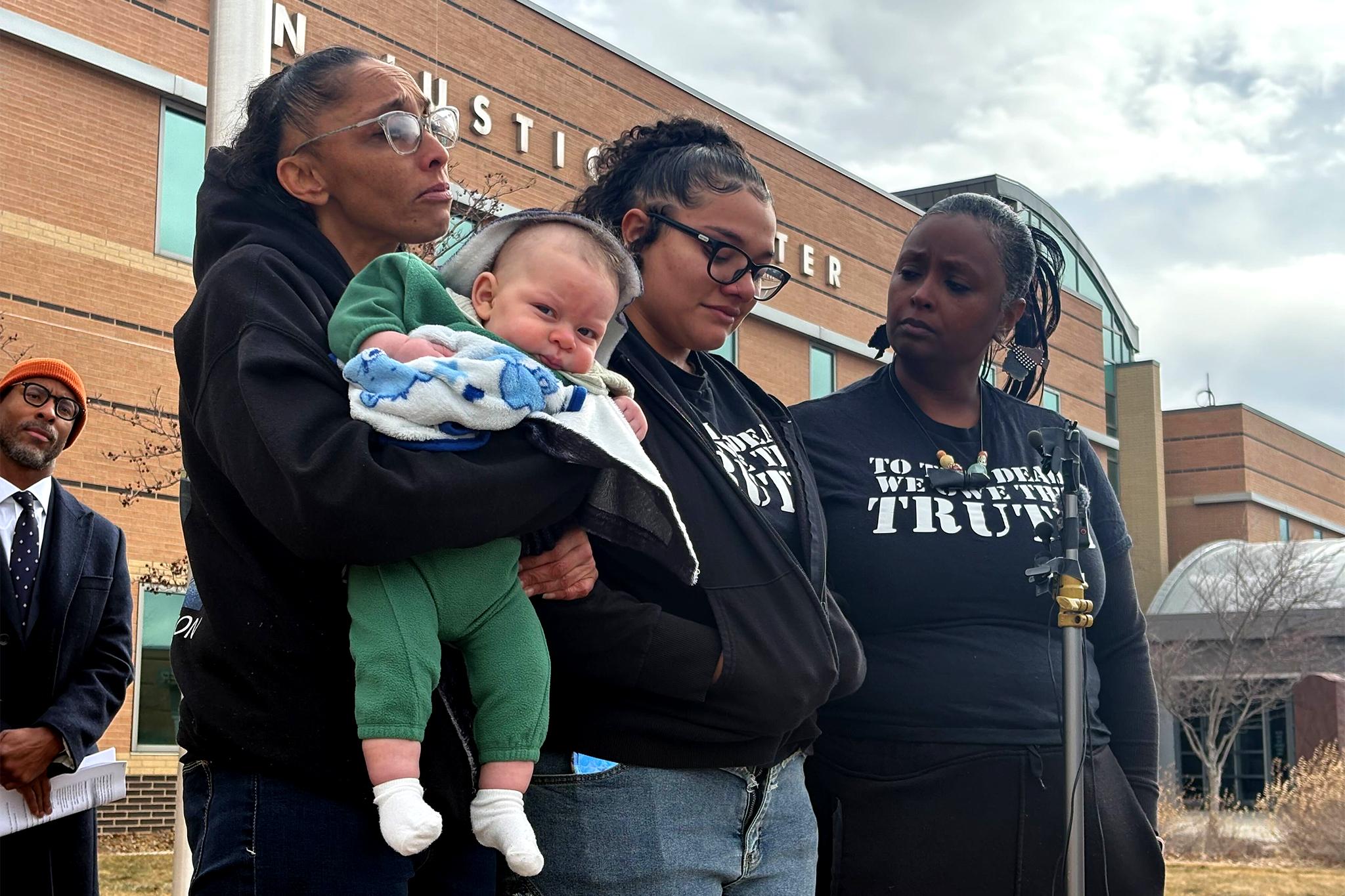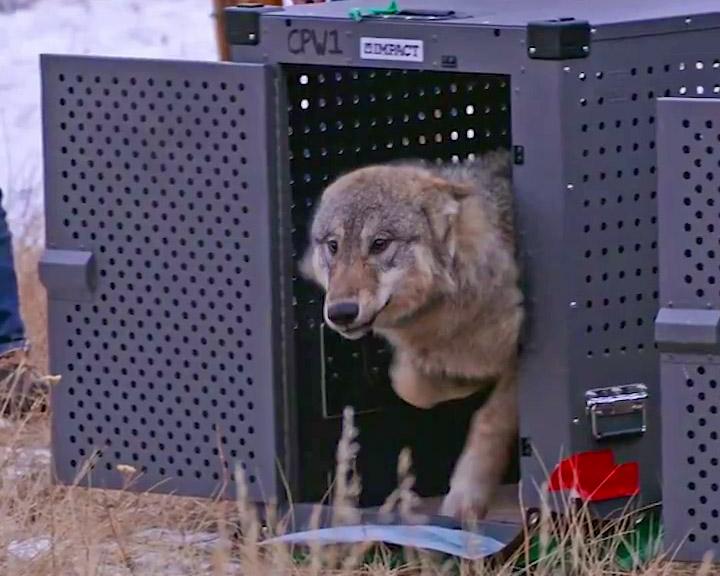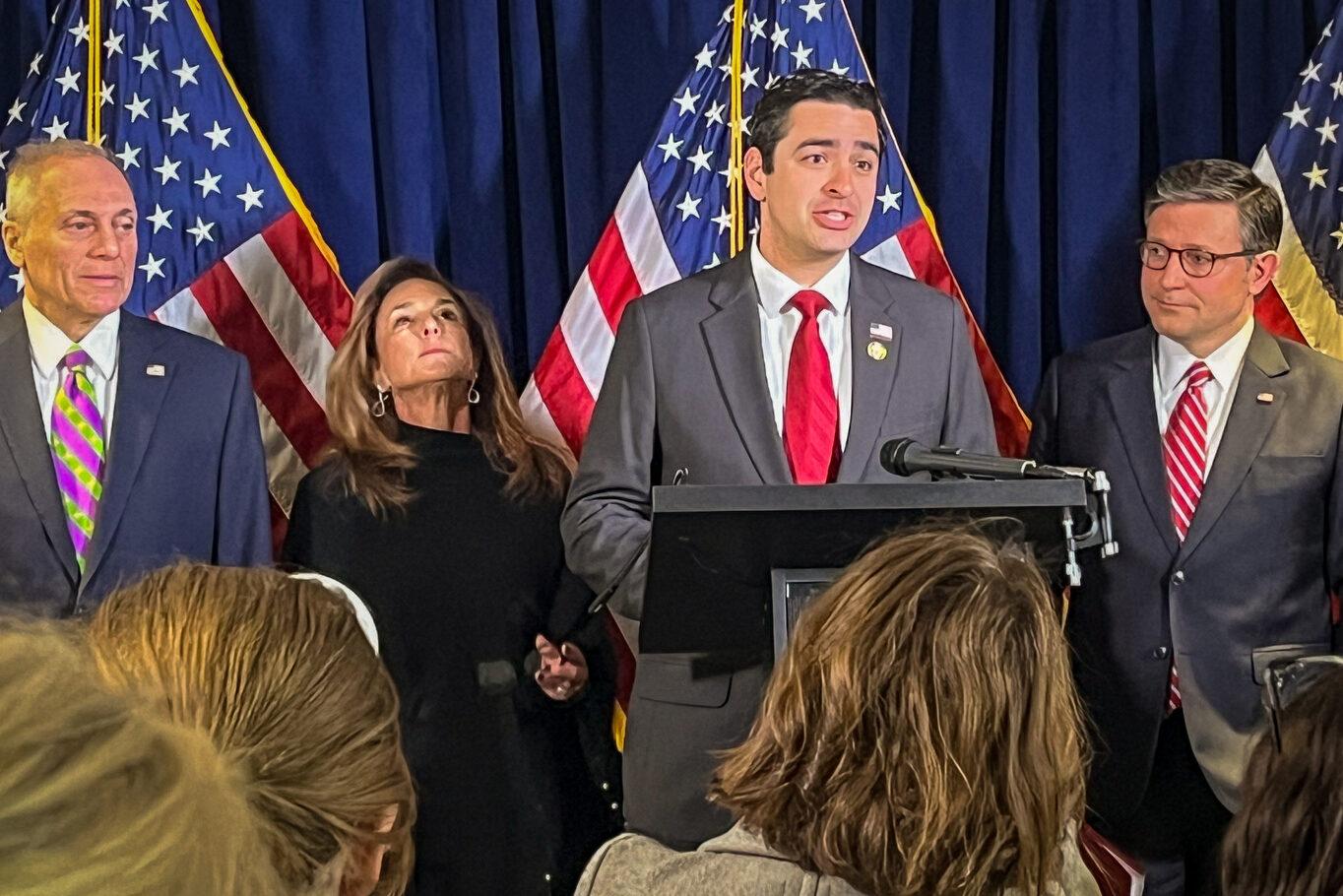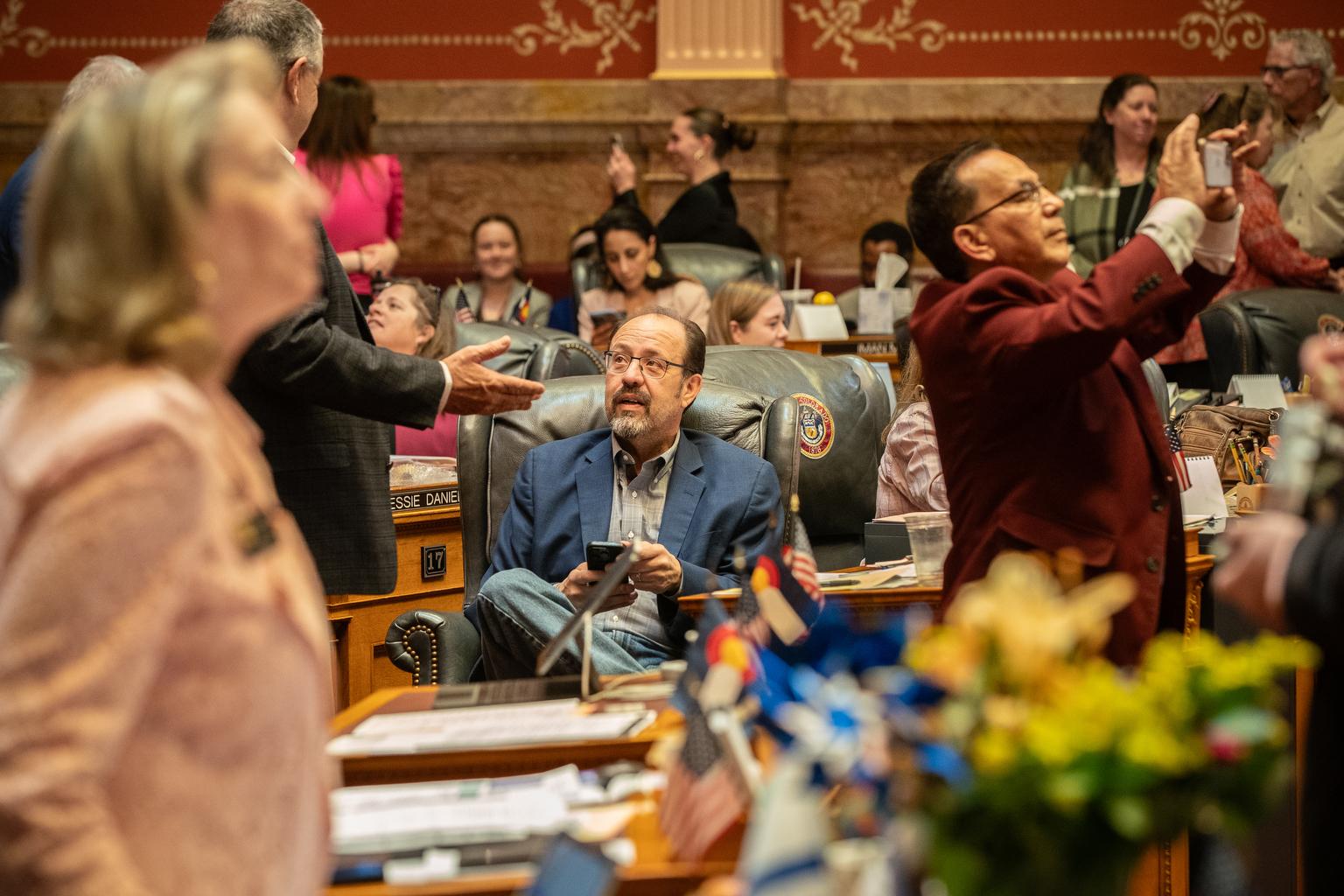
This story was produced as part of the Colorado Capitol News Alliance. It first appeared at coloradosun.com.
Top Democrats in the Colorado legislature told their colleagues Sunday night that they had a framework of a deal on how to tweak the state’s first-in-the-nation law regulating artificial intelligence after four days of intraparty disagreements and negotiations with the tech industry, schools, unions and consumer advocacy groups.
If the agreement, reached during a special legislative session, holds, it would end nearly two years of talks on how to try to prevent AI from discriminating and harming people when they do things like apply for jobs, seek out loans and pursue a college degree — all while not stifling innovation or placing too much liability on corporations.
The details of the deal were not released on Sunday night. Senate Majority Leader Robert Rodriguez, a Denver Democrat leading the negotiations, refused to discuss the framework. “There’s no deal yet,” he said. “There’s discussion.”
But other lawmakers — including state Rep. Javier Mabrey, a Denver Democrat — and several lobbyists told The Colorado Sun about the pending compromise.
Many in the Capitol seemed to breathe a sigh of relief. Days of tension among lawmakers and lobbyists seemed to start lifting late Sunday, even if some elements of the agreement, especially those affecting the largest tech companies, remained pending.
Representatives of those businesses remained frustrated and said they were cut out of the conversation.
Gov. Jared Polis asked lawmakers to take up the AI law, passed in 2024 and set to go into effect in February, this week when the legislature gathered starting Thursday for a special session primarily aimed at plugging a $750 million hole in the state budget caused by tax policy changes in the One Big Beautiful Bill Act. That’s the Republican federal tax and spending bill passed in July and signed into law by President Donald Trump.
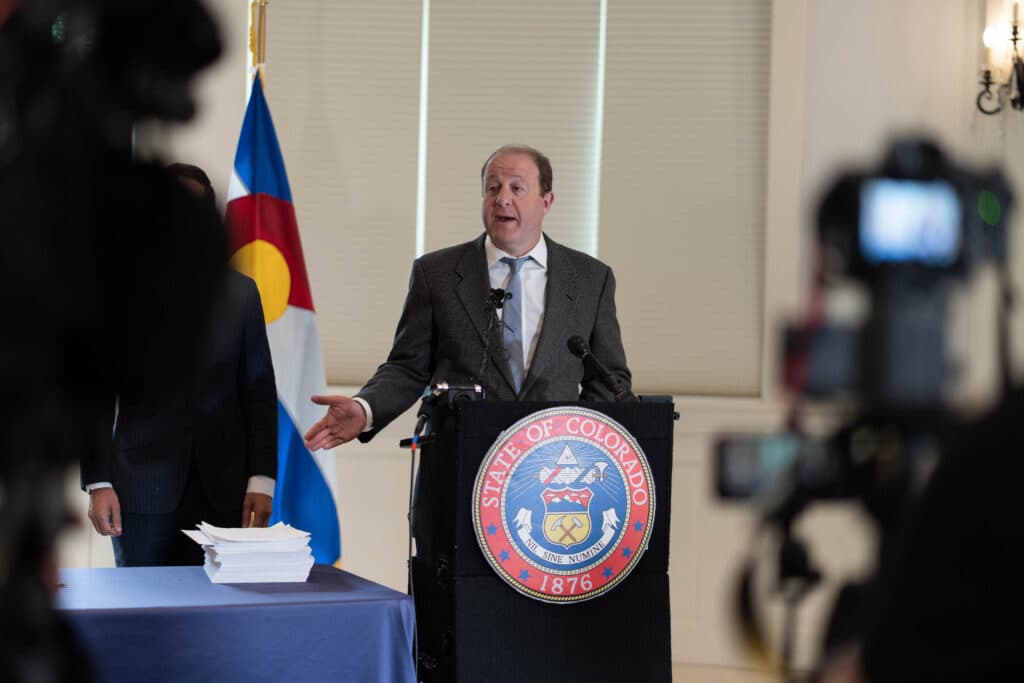
When Rodriguez passed Colorado’s law regulating artificial intelligence in 2024, it created an uproar over concerns it was too stringent and would stifle technological advances. At the time, he, the governor and the tech industry agreed to work together to make changes ahead of it going into effect.
An attempt earlier this year during the legislature’s regular session failed — as did a last-ditch effort to postpone when the law takes effect.
Bills finally advance
Earlier in the day Sunday, Rodriguez amended his bill tweaking the AI law to delay its start to May from February.
The seemingly minor change was a sign that negotiations were moving forward. It was a big shift for Rodriguez, the author of the AI law, who was previously wholly opposed to pushing back the start date of the statute because he feared it would only further drag out negotiations.
Rodriguez told the Senate Appropriations Committee that he was delaying the start date of the law to figure out which government agencies are using AI and how. “There’s more work to do,” he said.
But the delay seemed to present a win for the tech industry, which had been asking for more time to hash out the policy. Polis had also been seeking a delay.
Rodriguez’s bill cleared the Senate Appropriations Committee by a 4-3 vote and then cleared a preliminary vote in the Senate after a few tweaks. It had been stalled since Thursday.
Rodriguez had to take the extraordinary step of tweaking the makeup of the committee — from a 4-3 Democratic advantage to a 5-2 Democratic majority — to get it out of the panel. A Democratic senator who appeared to be opposed to the policy, Sen. Jeff Bridges of Greenwood Village, was also replaced to ensure the bill’s passage.

It’s highly unusual for a committee’s membership to be changed in the middle of a session, especially in order to pass a single bill.
Rodriguez’s measure, Senate Bill 4, would shift some of the regulatory burden onto AI developers instead of the companies and others — like schools, local governments and law enforcement — that deploy the tech. It’s supported by unions and consumer advocacy groups.
Another bill being debated in the Capitol during the special session that began Thursday would delay the start date of the law until October 2026. That bipartisan measure, House Bill 1008, has the backing of the tech industry and schools. However, it wouldn’t change the underlying law, instead fully punting the debate into next year.
The bill, stalled since Friday, passed a preliminary vote in the House without debate Sunday night. Democrats opposed to the policy stood down given the pending deal.
The deal, if it ultimately holds, will be completed through Rodriguez’s bill. House Bill 1008 remains an insurance policy if negotiations fall apart at the 11th hour.
Everyone at the Capitol is “losing their minds”
The AI regulation has been the subject of intense lobbying from the tech industry throughout the special session, tiring some lawmakers.
“I have been hearing that from people all over this building, losing their minds and not being able to agree,” said Sen. Judy Amabile of Boulder, the lone Democrat on the Senate Appropriations Committee who voted “no” Sunday on Senate Bill 4. “I mean, we have every single little fiefdom of stakeholder groups that are fighting with each other.”
Amabile also said she was concerned about the pace of negotiations — a sentiment shared by other Democrats.
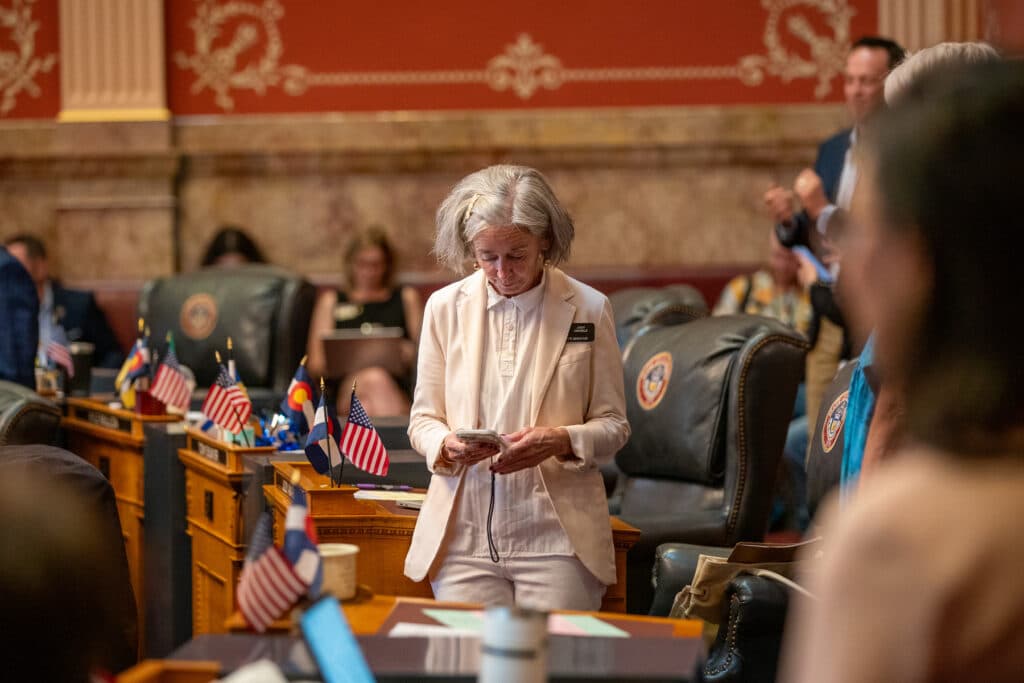
“I’m worried that we are rushing through something in this extraordinary session that will cause us to potentially pass some legislation that has a lot of unintended consequences,” she said.
But others were just trying to keep the conversation going.
“I’m voting to keep this bill moving on today so that negotiations can continue,” said Sen. Mike Weissman, D-Aurora, who voted to advance Rodriguez’s bill out of the Senate Appropriations Committee.

Colorado Capitol Alliance
This story was produced by the Capitol News Alliance, a collaboration between KUNC News, Colorado Public Radio, Rocky Mountain PBS, and The Colorado Sun, and shared with Rocky Mountain Community Radio and other news organizations across the state. Funding for the Alliance is provided in part by the Corporation for Public Broadcasting.

